The Greater Enrichment Program (GEP), a 50-year-old nonprofit serving elementary-aged children from traditionally marginalized backgrounds in Charlotte, North Carolina, faced a critical challenge: despite decades of high-impact programming, it remained largely unknown outside of government, faith, and school networks. When major federal funding cuts in 2024 threatened its sustainability, the organization faced an urgent need to broaden its visibility and diversify its supporter base.
GEP partnered with Next Stage to develop an innovative community engagement and brand awareness campaign strategy centered on two signature programs — LEO (Learn. Engage. Observe.) and ROAR (Reach Out and Relate). These initiatives aimed to transform GEP from Charlotte’s “best kept secret” to a visible community champion with a broad, engaged supporter base.
In the first six months, GEP hosted dozens of visitors through LEO sessions, secured new board prospects, and generated new corporate support through ROAR. These efforts mark a turning point in the organization’s ability to build awareness, engage supporters, and drive impact citywide. The campaign also laid the groundwork for a rebranding effort ahead of GEP’s 50th anniversary celebration in 2026 — a transformation that honors the legacy of founder Bishop George Edward Battle, Jr. while positioning GEP for a sustainable future.
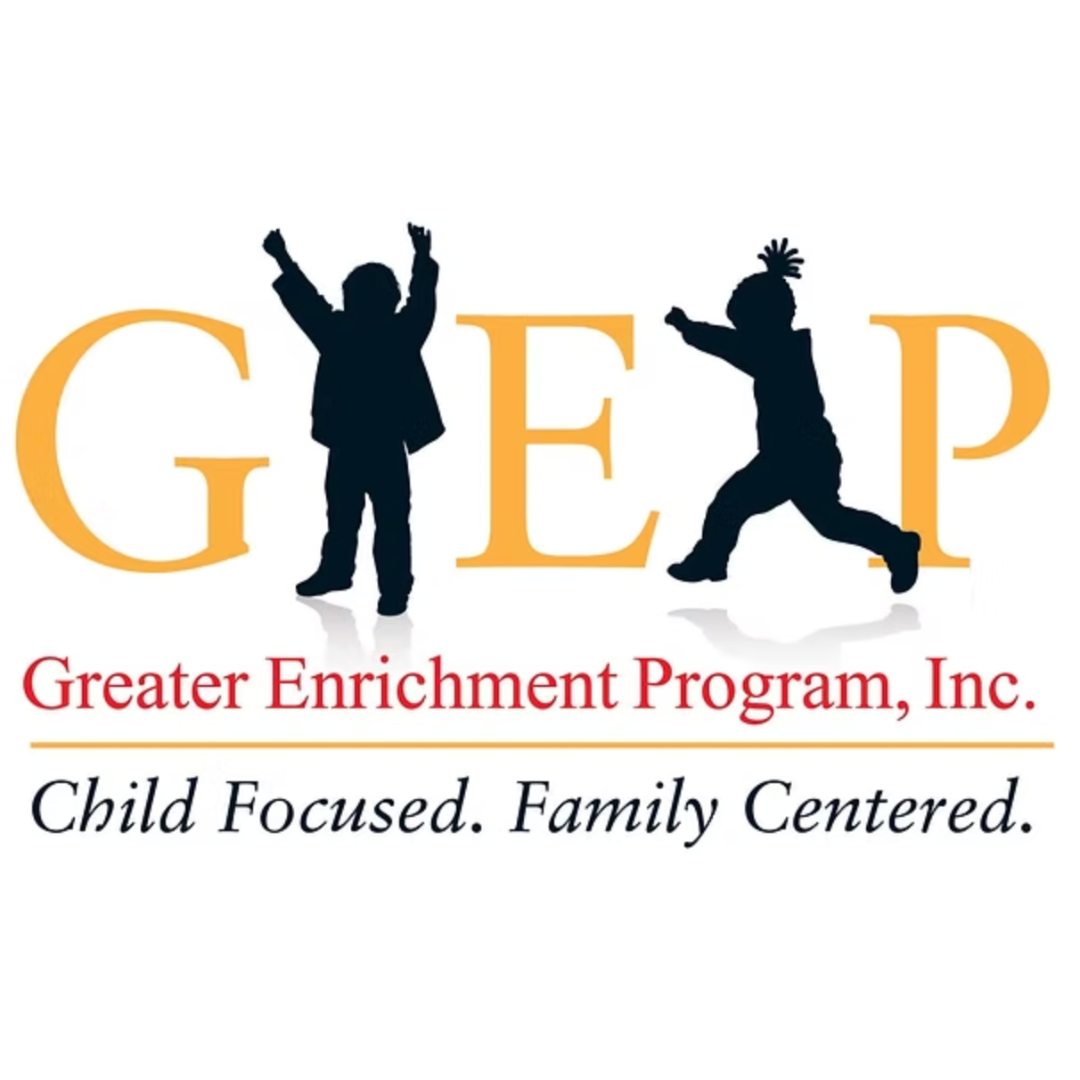
Overcoming the Visibility Paradox
Since 1975, the Greater Enrichment Program (GEP) has been a cornerstone of Charlotte’s educational support system, serving more than 10,000 elementary-aged children through high-quality after-school enrichment programming. Founded by Bishop Battle, a visionary leader who served as both a Charlotte-Mecklenburg Schools (CMS) board member and senior bishop in the African Methodist Episcopal Zion Church, GEP operates across multiple CMS sites, providing academic, cultural, and social instruction in a safe, nurturing environment.
Despite nearly five decades of impact, GEP faced a paradox common to many grassroots nonprofits: strong program outcomes coupled with low community visibility. During Next Stage’s strategic planning process with GEP in 2023, stakeholders described GEP as “a best-kept secret” in Charlotte — unknown to many in the community.
This lack of visibility created vulnerability. GEP’s primary funding had historically come from government sources. So when funding landscapes shifted in 2024 and critical federal support was not renewed, GEP found itself without the broad donor base needed to weather financial storms.
In fall 2024, the organization re-engaged Next Stage to help expand its reach while staying rooted in GEP’s values and mission.
Developing an Acquisition Mindset
Next Stage recognized that GEP’s ongoing sustainability depended on reaching beyond its traditional networks to attract new supporters. This required a proactive strategy for fundraising and awareness — one that highlighted GEP’s strengths while creating opportunities for firsthand connection.
Drawing inspiration from the proven Benevon model, Next Stage proposed a site visit-based cultivation strategy to allow potential supporters to experience GEP’s work in action. The goal: turn unfamiliar audiences into ambassadors for the nonprofit and its programming through meaningful, personal experience.
Central to this approach was the concept of boundary spanning — deliberately reaching beyond GEP’s existing social capital network to recruit individuals from diverse sectors, geographic areas, and networks of influence. This required creating structured, inclusive opportunities for new audiences to connect with GEP’s mission and feel empowered to contribute, not just financially, but as true ambassadors.
To achieve this, Next Stage developed two new constituent acquisition programs: LEO and ROAR.
Designing New Experiential Engagement Programs
LEO: Learn. Engage. Observe.
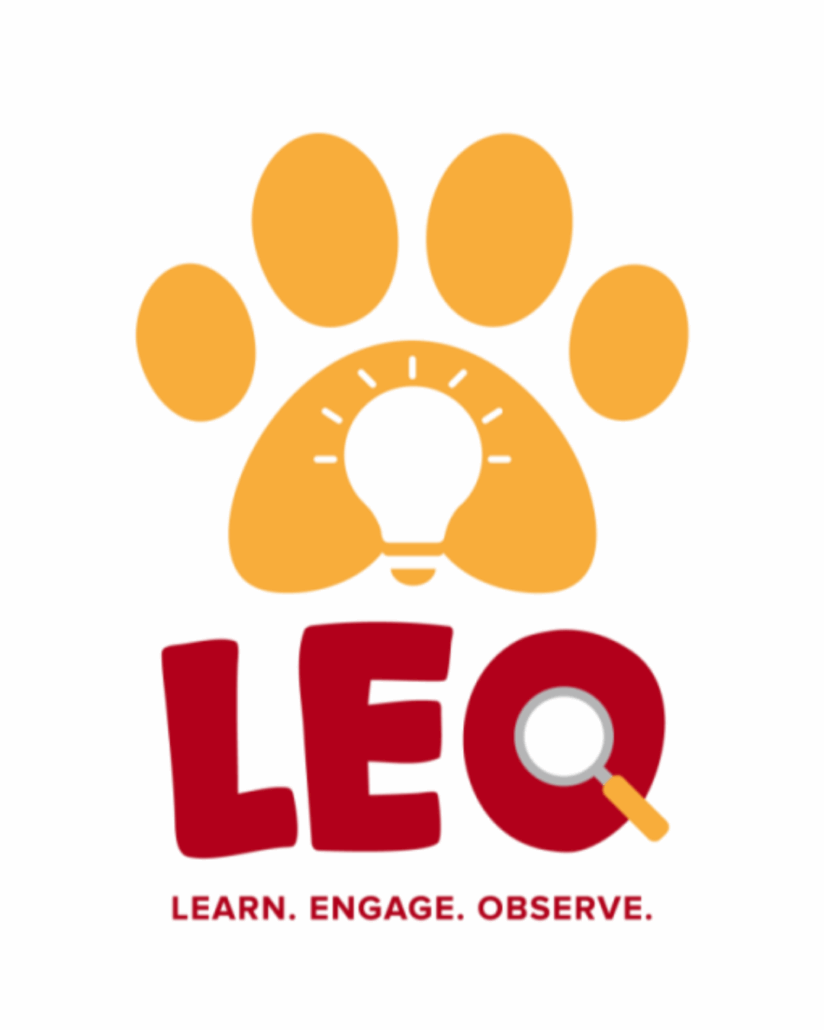
LEO is a monthly one-hour immersion experience that offers visitors a deeper understanding of GEP’s community impact. The program’s name reflects its core components:
- Learn about the organization’s mission,
- Engage in hands-on activities that mirror student programming, and
- Observe young people participating in enrichment activities.
Sessions rotate monthly among GEP’s five locations, ensuring diverse experiences while showcasing the cohesive mission across sites.
The free program serves as both education and advocacy — building awareness while opening doors for deeper engagement. Each visitor receives collateral outlining opportunities to get involved and is added to a follow-up engagement pipeline.
ROAR: Reach Out and Relate
ROAR focuses on engaging corporate employees through service. Designed for companies prioritizing social impact and employee involvement, ROAR offers structured volunteer opportunities that connect professionals directly with GEP students.
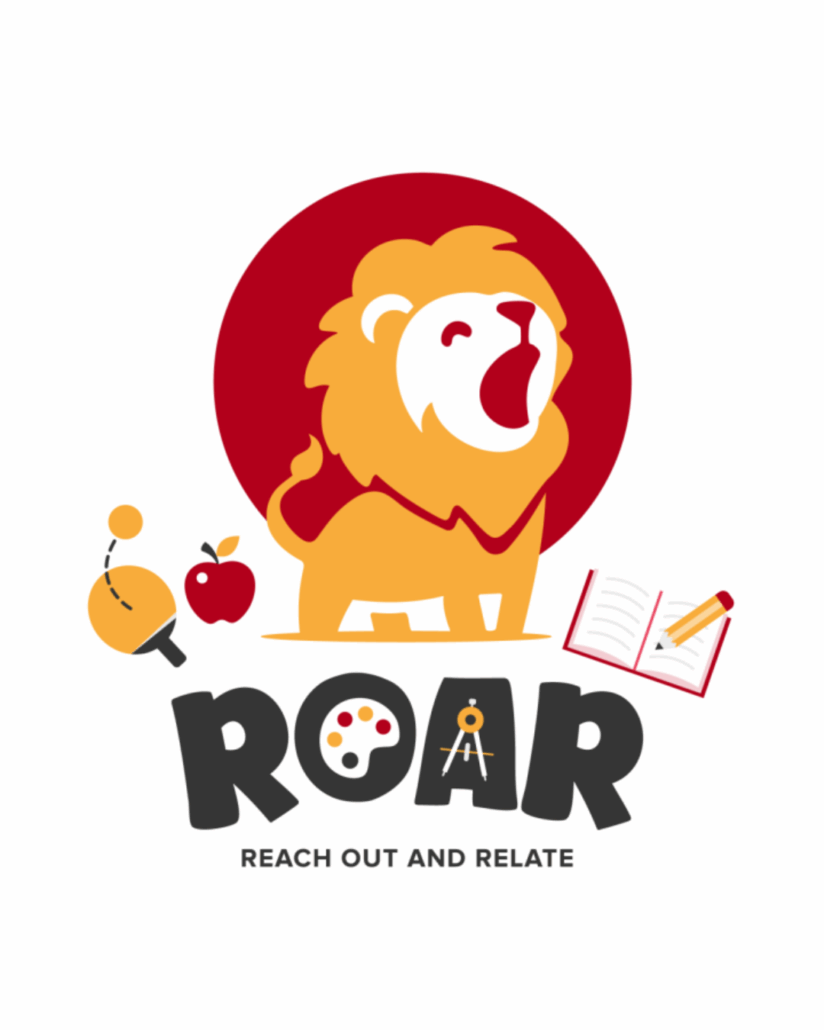
ROAR sessions provide comprehensive engagement opportunities, including team-building and hands-on volunteer activities.
This paid program allows companies to align their corporate social responsibility goals with community service and creates win-win scenarios: corporate teams gain meaningful team-building experiences and GEP receives both financial support and additional adult mentorship for students.
Outlining a Strategic Communications Approach
To support LEO and ROAR, Next Stage helped GEP define performance metrics for attendance, engagement, awareness, and fundraising. Board recruitment responsibilities were also aligned with program growth, positioning GEP’s leadership to play an active role in cultivating new supporters.
Next Stage also designed a comprehensive communication strategy to expand GEP’s reach. This included a monthly newsletter to spotlight LEO sessions, along with coordinated efforts across social media, PR, and community events. The firm also created professional branding for both programs, including logos and promotional collateral, that reflect GEP’s mission and each program’s distinct identities. Finally, recognizing the importance of corporate engagement, Next Stage leveraged its network to identify warm leads and initiate relationship-building conversations.
Honoring Legacy While Embracing the Future
In March 2025, GEP experienced a profound loss with the passing of founder Bishop Battle at the age of 77. His legacy extends far beyond his role as GEP’s founder. In addition to nearly three decades of service as a senior bishop in the A.M.E. Zion Church, he served on the CMS school board and was a tireless advocate for affordable housing, small businesses, and youth programs. His service earned him more than 100 honors, including North Carolina’s prestigious Long Leaf Pine Award.
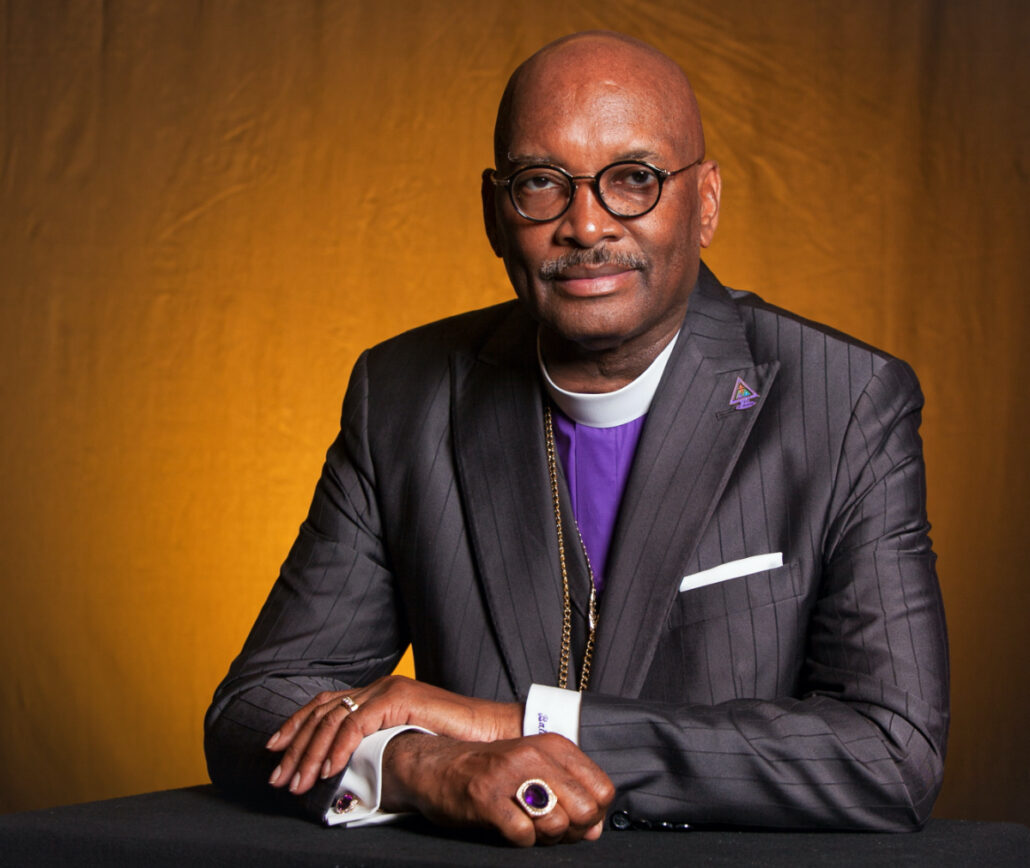
Bishop Battle’s founding vision — to provide enrichment opportunities that strengthen both students and families holistically — continues to shape GEP’s transformative approach to after-school programming. Moving forward, GEP plans to continue to honor this legacy while building the infrastructure needed for long-term sustainability and growth beyond the networks Bishop Battle and his long-standing reputation helped establish. The LEO and ROAR programs directly address this transition, offering scalable solutions that tackle GEP’s visibility challenge while creating space for new leaders, champions, and supporters to emerge.
And as the organization approaches its 50th anniversary celebration in 2026, these initiatives — combined with a comprehensive rebranding process led by Next Stage and unveiled at GEP’s annual luncheon in October 2025 — provide GEP with the tools needed to transform from hidden gem to community centerpiece in an increasingly complex funding environment.
To learn more about GEP and its impactful work, visit https://www.gepinc.org/

